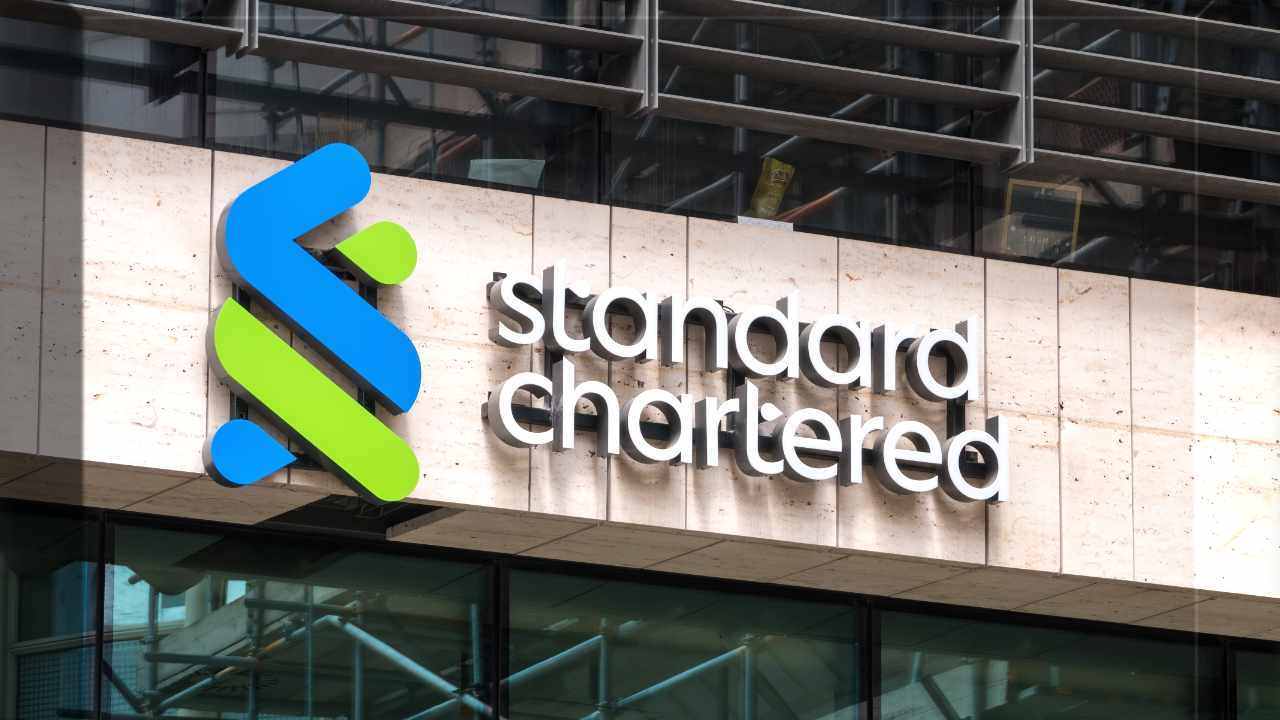Former SEC Chair Jay Clayton and former CFTC Chair Timothy Massad have expressed their belief that there are better paths for regulating the cryptocurrency industry than litigation. In a recent article published in the Wall Street Journal, they argue that lawsuits cannot adequately address the need for adjusting existing laws to accommodate the unique characteristics of digital tokens.
According to Clayton and Massad, courts should not be burdened with technical and operational questions related to market structure while focusing on classifying specific tokens. They criticize the SEC’s reliance on enforcement as a means of regulation and emphasize the importance of establishing clear regulatory frameworks for the crypto market.
In December of the previous year, Clayton and Massad proposed a plan outlining the necessary steps to protect consumers and ensure market integrity. They urged authorities to mandate basic consumer protections for crypto exchanges and brokers, provide guidelines for using stablecoins, and enforce existing laws. The two experts acknowledged the industry’s tendency to exploit any plausible claim to avoid compliance and stressed the significance of enforcement.
However, in their recent statement, Clayton and Massad have softened their stance, advocating for collaboration between the SEC and CFTC to develop investor and market protection standards jointly. They propose a more cooperative approach that simplifies matters and avoids the need for extensive legislative amendments or additional costs for the public.
The appeal of their proposals lies in their ability to strike a balance between regulation and innovation, ensuring that the cryptocurrency industry can thrive while safeguarding the interests of investors and maintaining market stability. The collaboration between the SEC and CFTC would bring together their respective expertise, creating a more comprehensive framework for the evolving crypto landscape.
Clayton and Massad’s ideas offer a pragmatic solution addressing the pressing regulation needs as the crypto industry expands. By adopting a collaborative approach and establishing basic standards, authorities can navigate the complexities of the digital asset space more effectively and protect investors and the broader market. Consequently, their perspective adds an important voice to the ongoing conversation surrounding crypto regulation, and their recommendations could shape the industry’s future.





